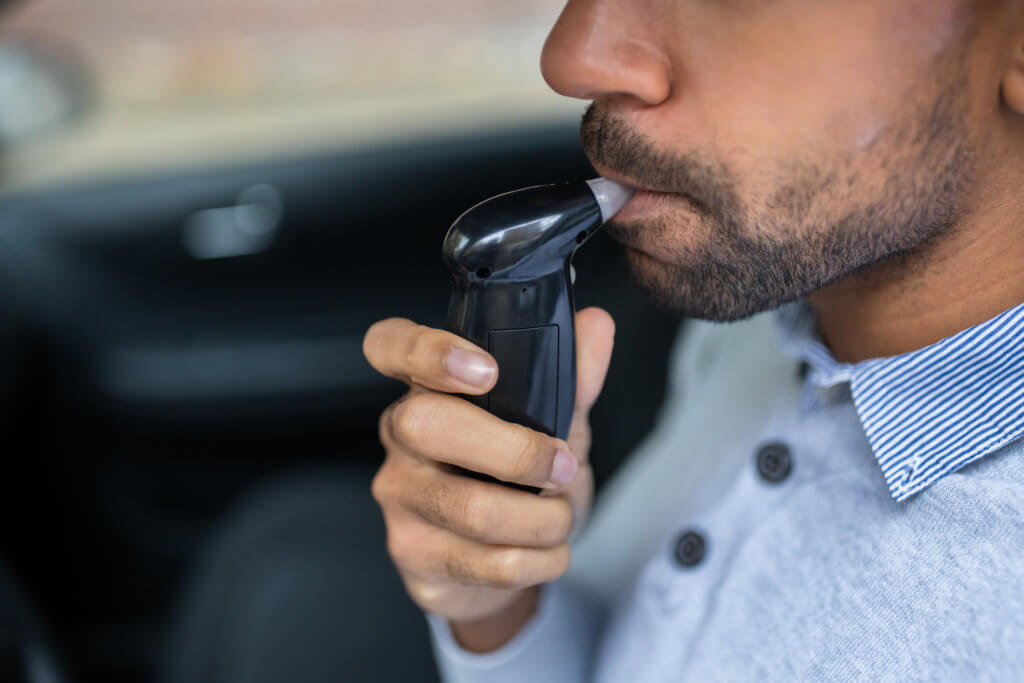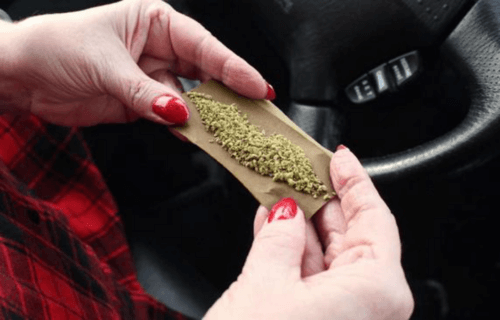SAN DEIGO — As the legalization of cannabis continues to spread, road safety concerns are escalating. Cannabis is known to impact essential driving skills such as reaction time, coordination, and decision-making. In California alone, fatal crashes involving drug-related impairment have surged by 62 percent over the last three years. This leaves law enforcement with a major question — can sobriety tests also tell if someone is driving under the influence of marijuana?
While alcohol impairment is closely linked to blood alcohol concentrations, the same doesn’t apply to tetrahydrocannabinol (THC) levels in the bloodstream. Unlike the straightforward correlation with alcohol, assessing cannabis impairment relies on behavioral tests conducted by law enforcement officers. However, these tests were originally designed for alcohol, leaving questions about their effectiveness in identifying cannabis impairment.
Researchers from the University of California San Diego Center for Medicinal Cannabis Research conducted a double-blind, placebo-controlled randomized clinical trial. Their goal was to assess the accuracy of field sobriety tests in detecting THC impairment. The results indicated that while officers’ tests could differentiate between those who had consumed THC and those who hadn’t at specific time intervals, the overall precision of these tests might be insufficient to conclusively identify THC impairment.
“Driving demands attention and motor skills for safety,” explains Thomas Marcotte, a professor of psychiatry at UC San Diego School of Medicine and co-director of the Center for Medicinal Cannabis Research, in a university release. “Although cannabis can impair, the effects vary. It’s crucial to have effective and unbiased impairment evaluations, and this study is a significant step towards achieving that.”

The study involved 184 adult cannabis users between 21 and 55 years-old. Participants were given either a placebo cannabis cigarette or a THC cannabis cigarette. Skilled law enforcement officers then conducted field sobriety tests, assessing balance, coordination, attention, and eye movements. These tests were performed at four different intervals, ranging from one to four hours after smoking.
The outcomes revealed that officers identified a notably higher proportion of participants in the THC group as impaired compared to the placebo group at three out of four points in time. Despite the group assignment, officers correctly suspected that 99 percent of those who failed the tests had consumed THC. Additionally, participants engaged in a driving simulation, and their performance correlated with specific field sobriety test results.
While the study suggests that existing field sobriety tests might detect cannabis influence, there’s a significant overlap in poor test performance between the placebo and THC groups. This, combined with officers frequently attributing poor performance to THC, indicates that field sobriety tests alone might not effectively pinpoint THC-specific driving impairment.
The researchers recommend pairing field sobriety tests with additional information like driver interviews and observation of driving ability for a more comprehensive assessment of impairment. Marcotte emphasized that while these tests are a useful addition to evaluating drivers, they are insufficient on their own to identify THC impairment effectively.
The study is published in JAMA Psychiatry.


IMMAD-VR is an objective test of retina function using VR goggles displaying small striped squares that test for marijuana impairment roadside.
Marijuana impairs functions critical for safe driving.
If a driver cannot see accurately cannot drive safely.